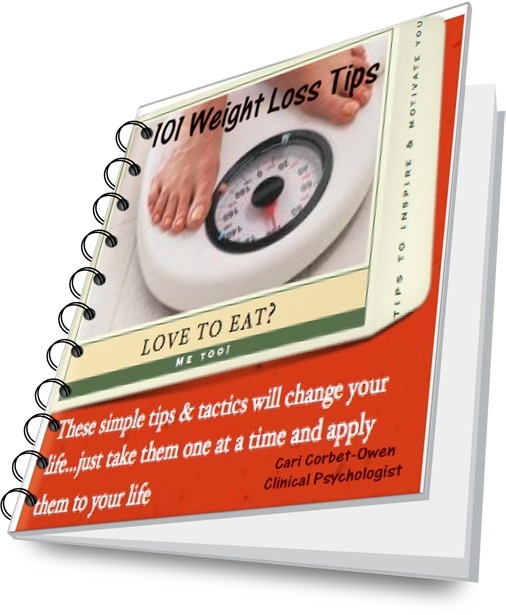How to Have a Healthy Relationship With Food
2. Eat a variety of foods. A healthy diet includes a variety of foods from all food groups. This ensures that you get the nutrients your body needs.
3. Make half of your plate fruits and vegetables. Fruits and vegetables are packed with vitamins, minerals, and fiber. They're also low in calories and fat.
4. Choose whole grains over refined grains. Whole grains are a good source of fiber, vitamins, and minerals. They're also more filling than refined grains.
5. Limit unhealthy fats. Unhealthy fats include saturated and trans fats. These fats can raise your cholesterol and increase your risk of heart disease.
6. Choose lean protein sources. Lean protein is a good source of amino acids, which are the building blocks of protein. Lean protein sources include chicken, fish, beans, and tofu.
7. Limit added sugar. Added sugar is a major source of empty calories. It can contribute to weight gain and other health problems.
8. Drink plenty of water. Water is essential for good health. It helps to regulate body temperature, lubricate joints, and transport nutrients.
9. Be mindful of your eating habits. Pay attention to how you're feeling when you eat. Are you eating because you're hungry or because you're bored or stressed? Eat slowly and savor your food.
10. Don't skip meals. Skipping meals can lead to overeating later in the day. It can also disrupt your blood sugar levels.
11. Make time for physical activity. Physical activity is an important part of a healthy lifestyle. It can help you to maintain a healthy weight, reduce your risk of chronic diseases, and improve your mood.
12. Get enough sleep. Sleep is essential for good health. When you don't get enough sleep, you may be more likely to make poor food choices.
13. Manage stress. Stress can lead to unhealthy eating habits. Find healthy ways to manage stress, such as exercise, yoga, or meditation.
14. Talk to a registered dietitian. If you're struggling to have a healthy relationship with food, talk to a registered dietitian. A registered dietitian can help you to develop a healthy eating plan that meets your individual needs.
15. Be patient. Developing a healthy relationship with food takes time. Don't get discouraged if you don't see results immediately. Just keep at it and you will eventually reach your goals.
-
Food Intake?
QuestionHi Laura! I am a sixteen year old gymnast, and as Ive mo
-
once a week cheat day
QuestionHi Phil, I am a competitive bodybuilder, following a 6 d
-
rocking for exercise?
QuestionI have a friend who always sits in a rocking chair while
-
fast weight loss before school
QuestionHi, I really want to loose weight before beginning my fir
-
Next Step
QuestionDear Ms. Laurie, I have been keeping a food journal for
-
How can I gain weight?
Questionhow can i increase my weight. i am 173.3 cm and weight is



